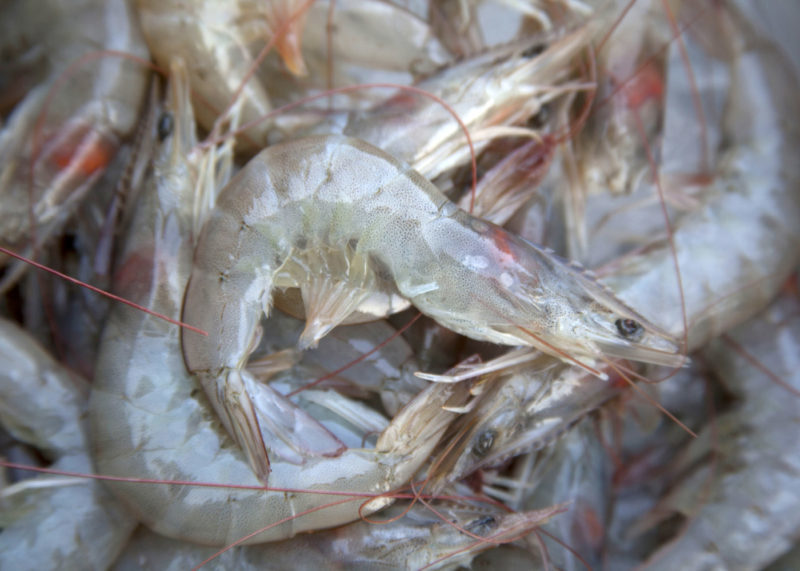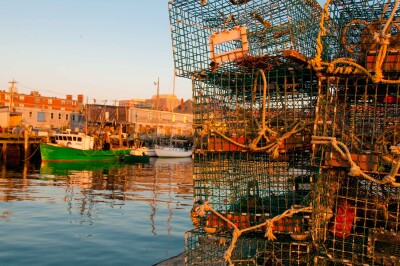A new law requiring Louisiana restaurants to disclose whether they are serving imported foreign shrimp or crawfish goes into effect Sept. 1. Backers of the long-sought measure say the fight to enforce it is just starting.
“It’s really not fair to the consumer” who walks into a Louisiana restaurant and unknowingly gets dished pond-raised shrimp from China or India, said Kim Chauvin, who with her husband owns David Chauvin’s Seafood Co. in Dulac, La., and pushed for passage of the law in late May.
The measure faced bitter opposition from the Louisiana Restaurant Association, but seafood producers prevailed by framing the debate as a public health issue in an election year.
In 2018 David Chauvin went to China to see shrimp farm production firsthand, with its heavy reliance on antibiotics to maintain crowded ponds.
“They basically regulate themselves,” he said. “That was a real eye-opener.”
The gulf seafood industry has long sought to differentiate its products from Asian imports, which vastly overpower U.S. shrimp in the marketplace but are subject to scant inspection and sampling.
Chauvin said he sells just 10 percent of the peel meat shrimp he did seven years ago to cheaper imports, “so we lost that market.” The focus now is on higher quality and head-on shrimp, rather than try to compete as a commodity product against frozen shrimp 50 cents to 70 cents cheaper per pound.
“At the end of the day, it’s all about pricing,” he said.
“There were a number of chefs who were with us on this,” said Kim Chauvin. “People need to know what’s on these menus.”
The continuing push now will be making sure Louisiana state health officials implement regulations to adequately enforce the law, and not create loopholes that allow imported product in some preparations like crawfish pies without disclosing the origin on their menus, said Kim Chauvin.
She is also in touch with industry advocates in Texas, Florida and North Carolina who would like to get similar labeling laws in those shrimp-producing states.
David Chauvin is hopeful the debate has had a positive effect.
“We’re getting a lot of inquiries from the customers we deal with,” he said.
And after the chaotic, prolonged 2019 high water on the Mississippi River, he thinks the white shrimp season “looks real promising.”
Brown shrimp landings were down during the flood time by 42 percent statewide, according to a July 31 report from the Louisiana Department of Fisheries and Wildlife. But from their Terrebone Parish location midway between the Mississippi and Atchafalaya rivers, it looks like the worst has passed, he said.







